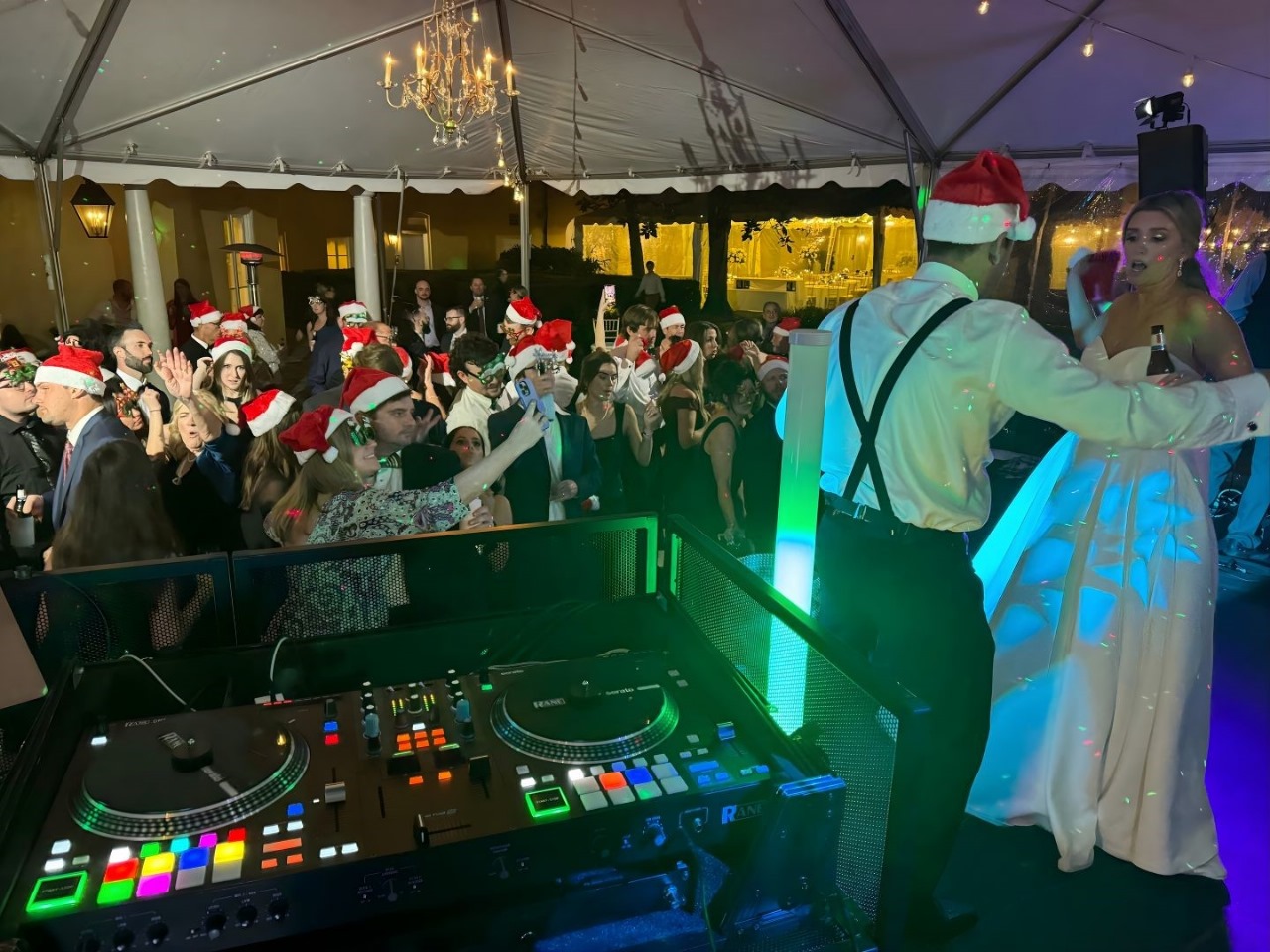In the digital age, social media has become an integral part of our daily lives. With platforms like Facebook, Instagram, and Twitter dominating the online landscape, it’s no surprise that the entertainment industry has been greatly affected by the rise of social media. From music and movies to TV shows and celebrities, social media has revolutionized how we consume entertainment and interact with our favorite stars.
One of the most significant impacts of social media on the entertainment industry is its ability to connect fans directly with their favorite artists and actors. In the past, fans had to rely on magazines, TV interviews, and fan clubs to stay updated on the latest news and gossip. Now, social media allows fans to interact with celebrities in real-time, giving them a glimpse into their personal lives and behind-the-scenes moments. This direct connection has created a more intimate relationship between fans and celebrities, leading to increased engagement and loyalty.
Furthermore, social media has transformed how entertainment is marketed and promoted. In the past, studios and record labels relied heavily on traditional advertising methods to reach their target audience. Now, social media has become a powerful tool for promoting new releases, generating buzz, and building anticipation. Celebrities can use their social media platforms to share trailers, teasers, and exclusive content with their fans, creating a direct line of communication between the artist and the audience. This direct marketing approach has proven to be incredibly effective in generating hype and driving ticket sales.
Another impact of social media on the entertainment industry is its influence on popular culture. With millions of users sharing memes, viral videos, and trending topics every day, social media has the power to shape public opinion and influence the success of a movie, TV show, or song. A single tweet or Instagram post from a high-profile celebrity can go viral within minutes, reaching millions of people around the world. This instant exposure can make or break a project, giving artists and studios unprecedented power to control their narrative and connect with audiences on a global scale.
Additionally, social media has democratized the entertainment industry, giving aspiring artists and creators a platform to showcase their talent and build a following. Platforms like YouTube, TikTok, and SoundCloud have launched the careers of countless musicians, actors, and content creators who would have otherwise struggled to break into the industry. Social media has created a level playing field, allowing anyone with an internet connection to share their work with the world and potentially go viral overnight.
However, with great power comes great responsibility. As social media continues to shape the entertainment industry, it also raises concerns about privacy, misinformation, and online harassment. Celebrities and influencers are constantly under scrutiny, with every post and comment dissected by their followers and the media. This level of scrutiny can be overwhelming and invasive, leading some stars to take breaks from social media or hire social media managers to handle their accounts.
In conclusion, social media has had a profound impact on the entertainment industry, revolutionizing how we consume content, interact with celebrities, and shape popular culture. While social media has opened up new opportunities for artists and creators, it also comes with its own set of challenges and responsibilities. As technology continues to evolve, it will be crucial for the entertainment industry to adapt and embrace the power of social media in order to stay relevant and connected with the ever-changing digital landscape.









